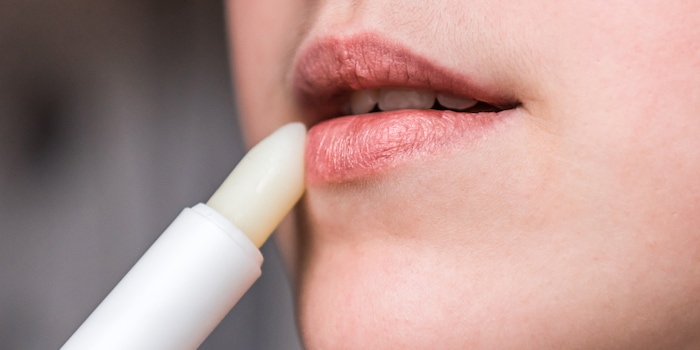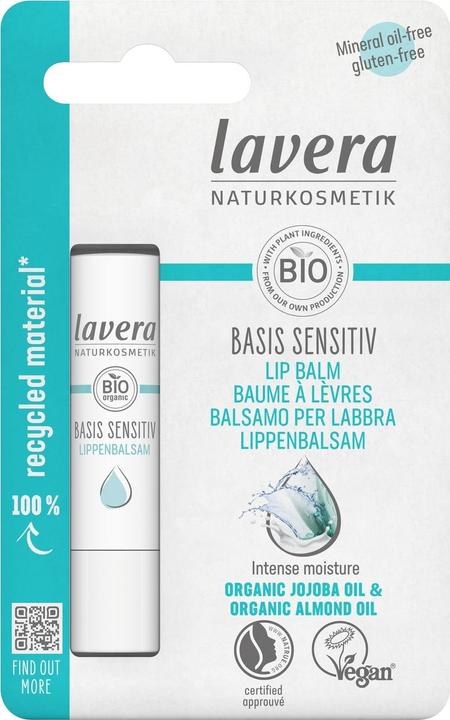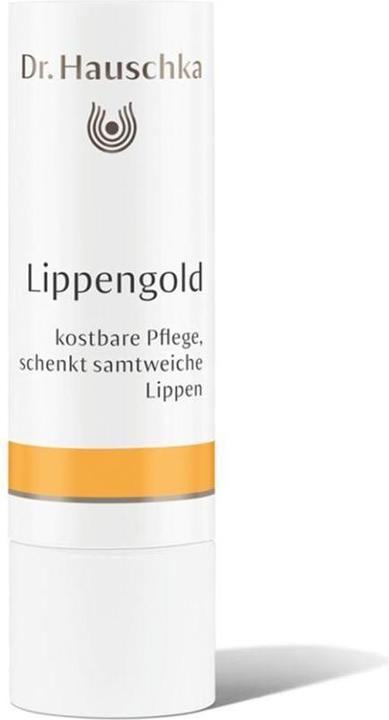

Stiftung Warentest takes a close look at lip care
In a laboratory test, both inexpensive and high-priced products were put to the test. Two thirds of them are free from mineral oils.
Stiftung Warentest tested 30 lip balms and creams for critical ingredients: The focus was on mineral oil hydrocarbons such as moah, mosh and similar substances. These can enter the body via the lips and mucous membranes and accumulate in organs.
20 out of 30 care sticks were convincing
The result of the laboratory test: 20 test objects did not contain any of these harmful substances and were classified as "recommendable". The other ten were declared "not recommended" by the foundation. Some of the products that passed the tests are also available in our shop. These include well-known names such as Bebe, Labello and Kneipp.
Many natural cosmetic products also showed a positive result:
According to the test, the products from Vichy and Dr Haruschka are more expensive but also free from mineral oils. In contrast, Balea Sensitive emerged as the price winner alongside Aveo. According to Stiftung Warentest, it is also "recommendable" in terms of ingredients.
Better to avoid these products and ingredients
If your lip balm was not among those tested, it is worth taking a look at the ingredients. According to Stiftung Warentest, critical substances are often hidden behind the following names:
Cover photo: Natallia Ploskaya/ShutterstockCat lady and coffee lover from up north. Always on the lookout for «News and Trends».
From the latest iPhone to the return of 80s fashion. The editorial team will help you make sense of it all.
Show all







